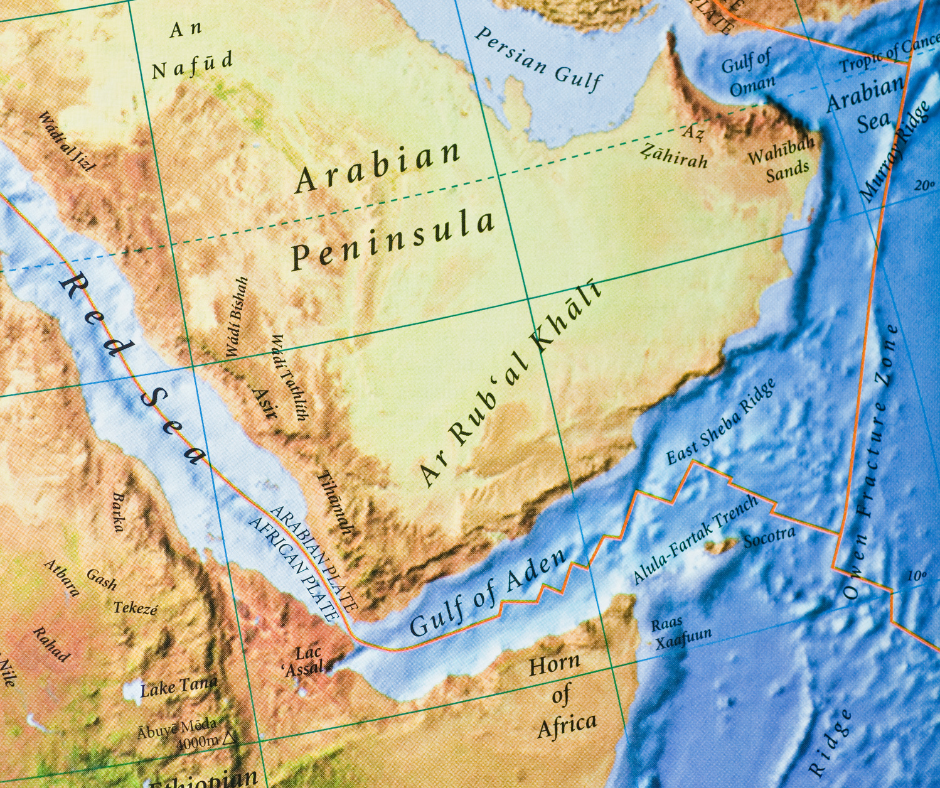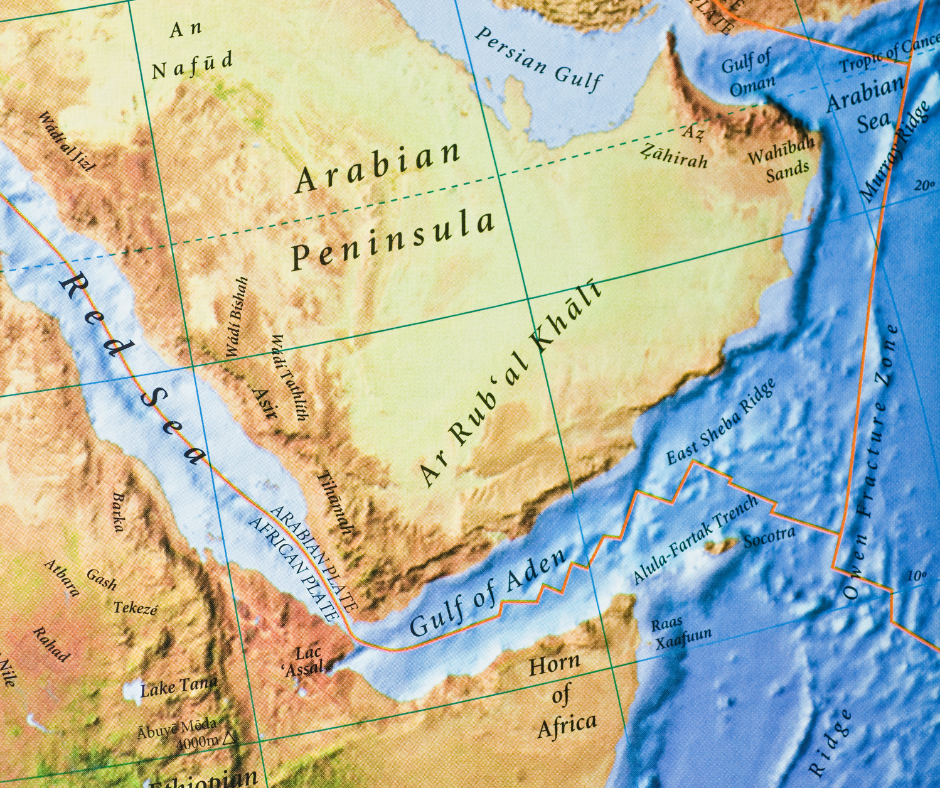3 min read
Navy Want Middle East Countries in Unmanned Maritime Awareness Network
By: USNI on February 24, 2023 at 8:00 AM

The commander of the U.S. Navy in the Middle East is pitching more countries in the region to use more unmanned systems to counter criminal activities and possible terrorist and military threats off their coasts, the service’s top officer in Central Command told reporters Monday.

Working together, the members of the Gulf Cooperation Council in using together can “essentially triple how far you can see” in waters where illegal trafficking in arms and munitions by Iran to terrorist groups like the Houthis continues and now Russia grows, said Vice Adm. Brad Cooper.
Cooper, the commander of U.S. 5th Fleet Fleet, said he has the full participation of all the Gulf Coordinating Council nations in expanding the patrols of unmanned systems from the Red Sea into the Persian Gulf this year. He told attendees at a Coast Guard Academy event in the fall he expected to have 100 of these systems on patrol by summer’s end.
As an example of the security threats in the Middle East, Cooper said 15,000 illegal arms from Iran were seized before they could reach Houthi rebels in Yemen last year. In five major interdictions by the 38-member nation Combined Maritime Force, 1.6 million rounds of ammunition and over 2,000 kilograms of propellant were also captured.
Despite a cease-fire in Yemen’s civil war, Cooper said the arms flow from Iran to the Houthis continues. One of the largest drug seizures occurred in May last year when 640 kilograms of methamphetamine worth $39 million from an Iranian-crewed fishing vessel om the Gulf of Oman.
“Big picture, everyone [in the Gulf council] is interested” in buying and fielding unmanned maritime systems, Cooper said. He added Bahrain and Kuwait “have publicly committed to acquisition.” The other GCC members include Saudi Arabia, Qatar, the United Arab Emirates and Oman.
“There’s certainly a national-level discussion” in each Gulf nation on next steps, said Cooper.
Dana Stroul, deputy assistant secretary of defense for the Middle East, said Task Force 59, which was stood up in September 2021, realizes “with only so many sailors” available monitor what’s going on at sea has meant finding solutions to the problems of awareness lay in commercial off-the-shelf unmanned systems.
Now at full operational capacity in “lightning speed,” Cooper’s description, the task force is the Navy’s and the command’s experimental testbed in integrating sensors and unmanned systems using artificial intelligence into operations. He added his command conducted 70 exercises last year to learn how to better integrate these systems and platforms and strengthen interoperability with other services, like the Coast Guard, and allies and partners in the region. Unmanned systems and platforms were the focus of 15.
In the recently completed Digital Horizon exercise, the Coast Guard launched an unmanned aerial vehicle from USCGC Emlen Tunnell (WPC-1145), marking a first for the task force with a U.S. Coast Guard vessel. The UAV provided intelligence, surveillance and reconnaissance to make communications networks more resilient. The data from the unmanned systems is integrated using artificial intelligence at hubs in Bahrain and Jordan.]
Copper expects 60 agencies and nations to participate in this years International Maritime Exercise to demonstrate freedom of navigation and free flow of maritime commerce the command’s area of responsibility.
Stroul, Cooper and other senior Central Command officials were in Riyadh to meet with the council to make decisions on concrete actions on how to integrate air and missile defenses and improve maritime security. That integration could also now include Israel, which was transferred to Central Command
Iran is a major manufacturer of these systems that are proliferating in the Middle East threatening partners and the thousands of American forces stationed there. Stroul also noted “our increasing concern” over the stepped-up “illegal transfer of Iranian weapons to Russia” to replenish its arsenal of missiles and drones, calling for more integrated maritime surveillance and operations.
At the same time, Moscow and Tehran are sharing “battlefield practices” as their cooperation expands.
She added the meeting should disprove a belief in the region that the United States “is de-prioritizing the Middle East.”
Source: USNI
Related Posts
NATO in the Crosshairs of the Houthis
The Houthis' anti-shipping activities in Yemen, involving the deployment of mines, UAVs, USVs, and..
The way for the US to ensure Gulf security is..
Earlier this month, US Secretary of State Antony Blinken traveled to Riyadh to meet with Gulf..
Iran-GCC ‘naval alliances’ could put maritime..
The most likely outcome to anticipate is the establishment of procedural arrangements centered..




